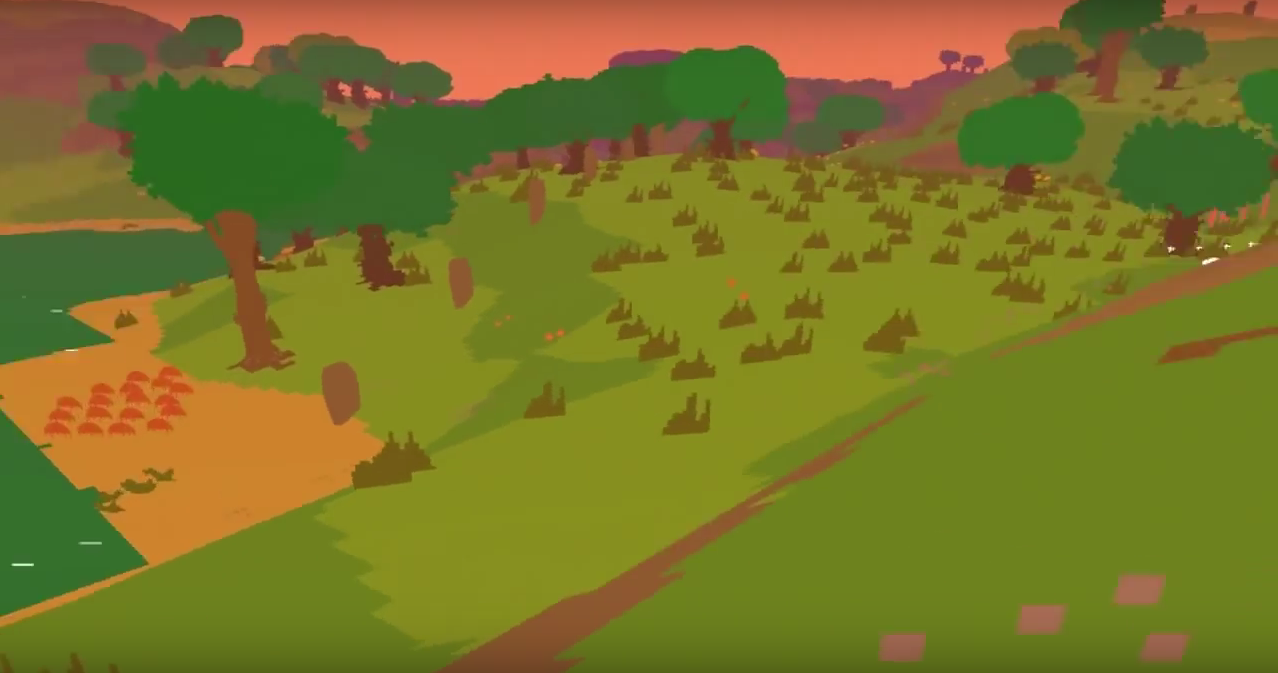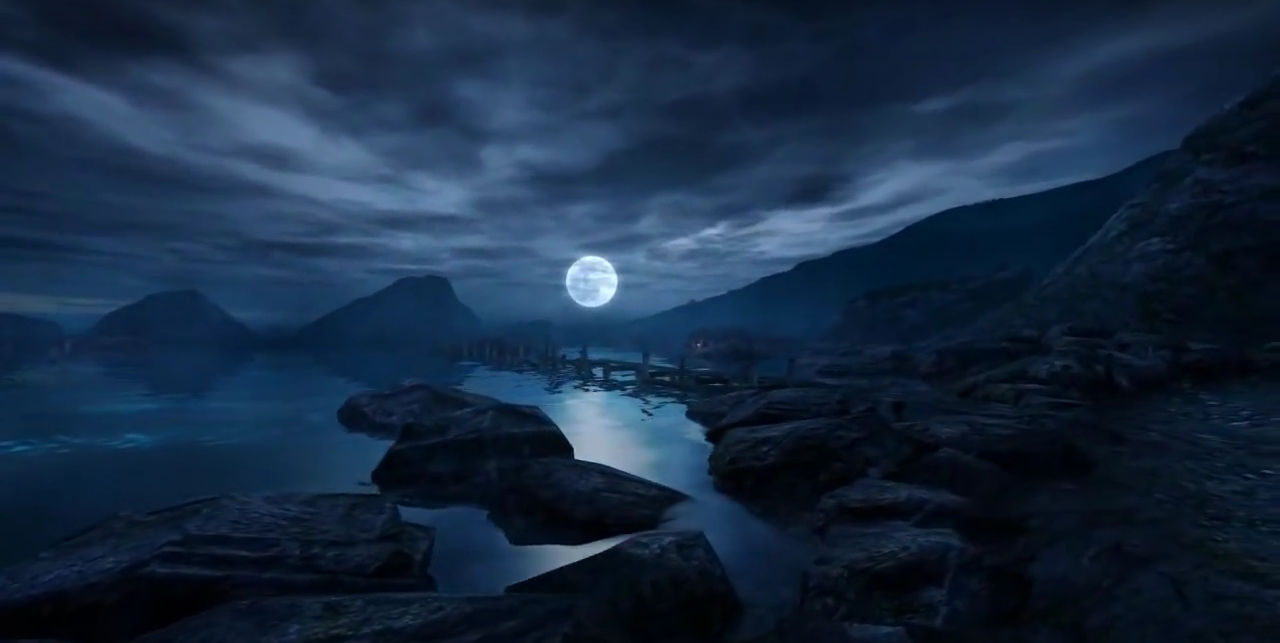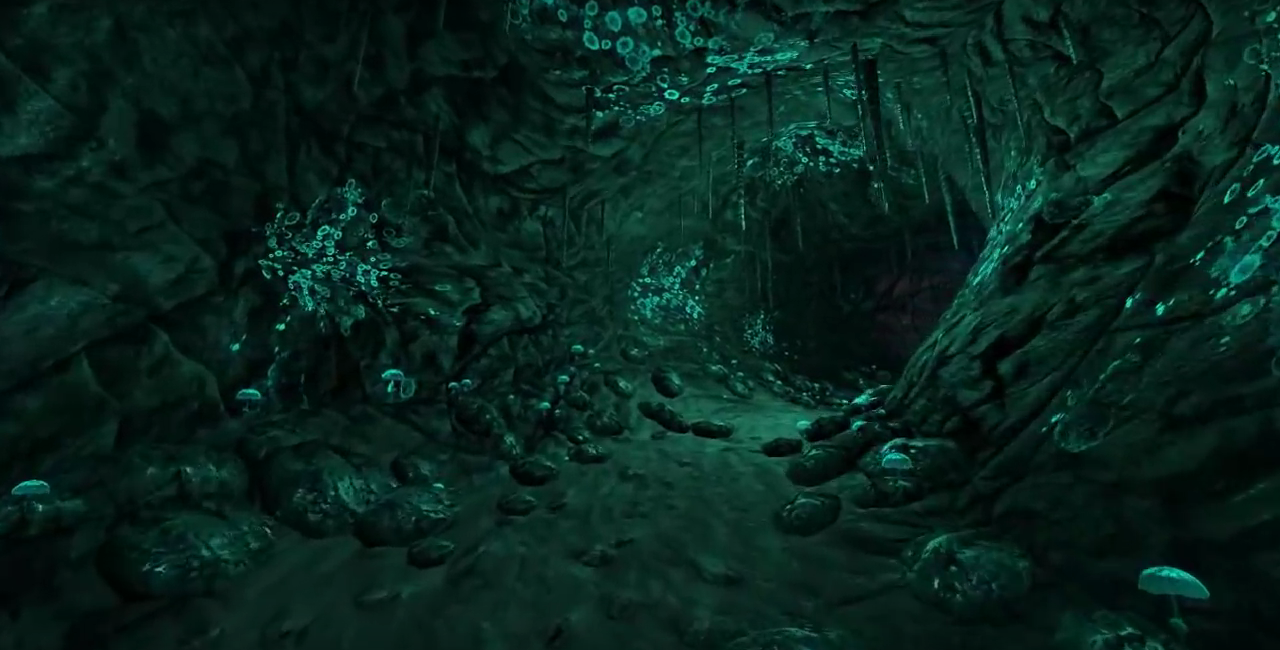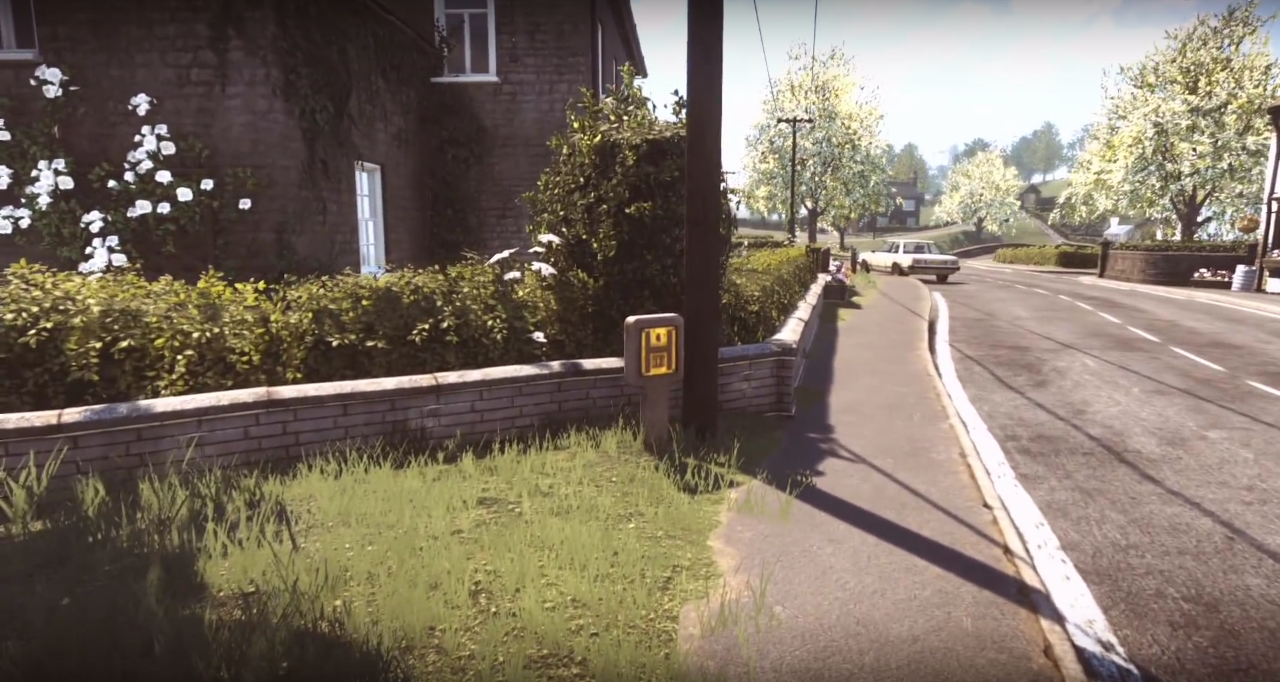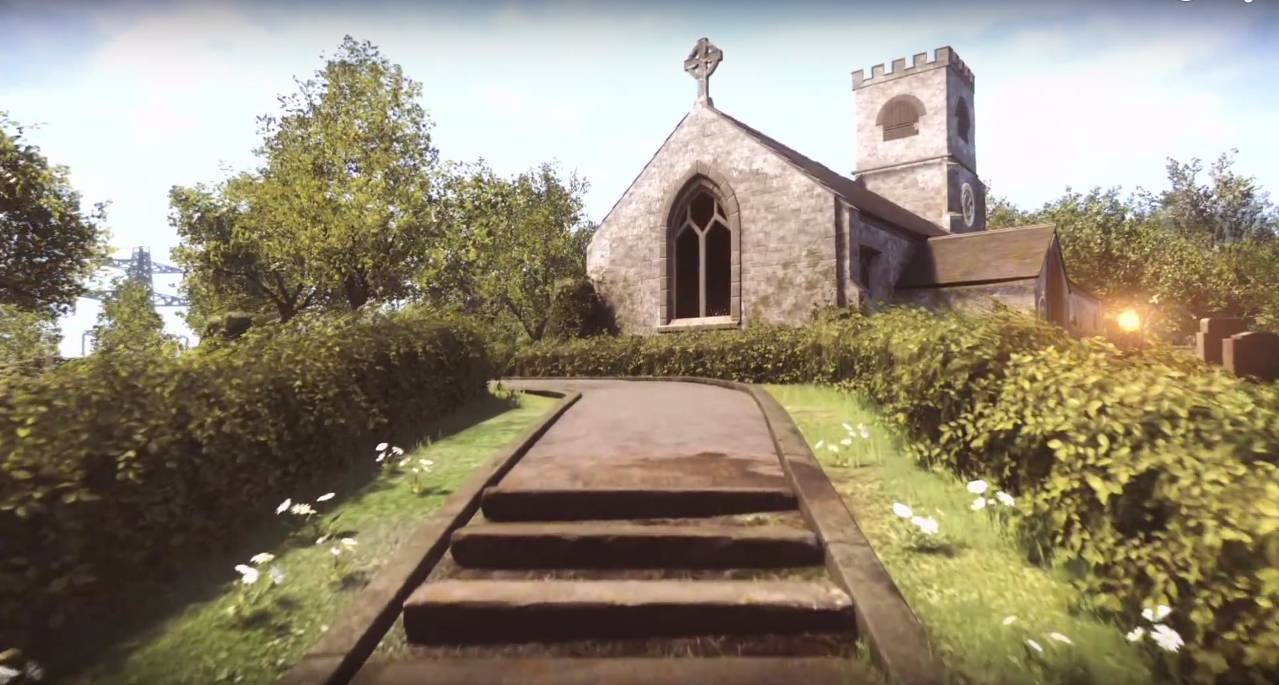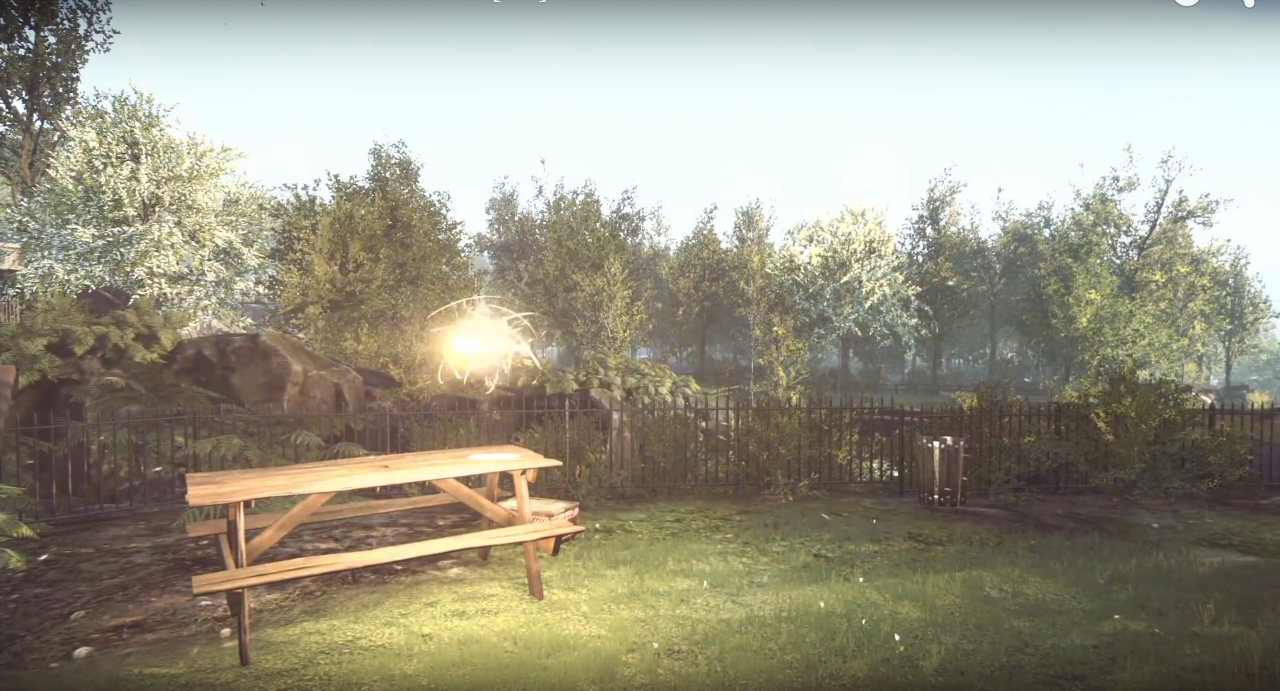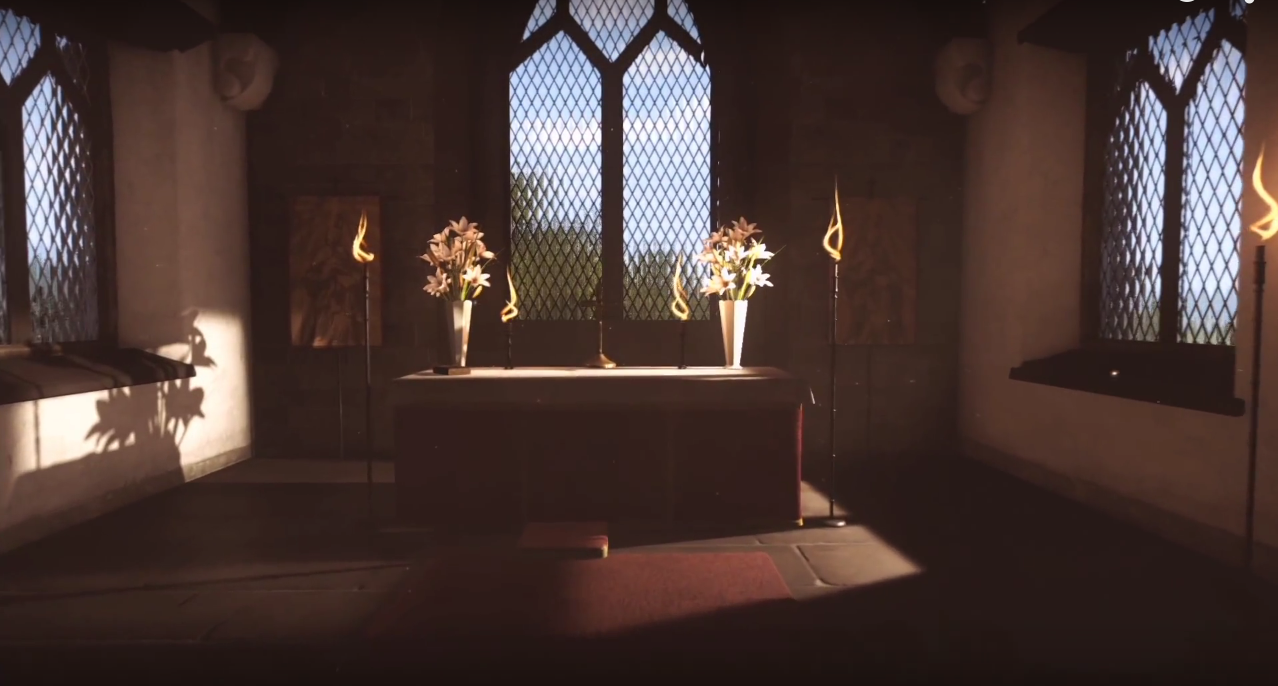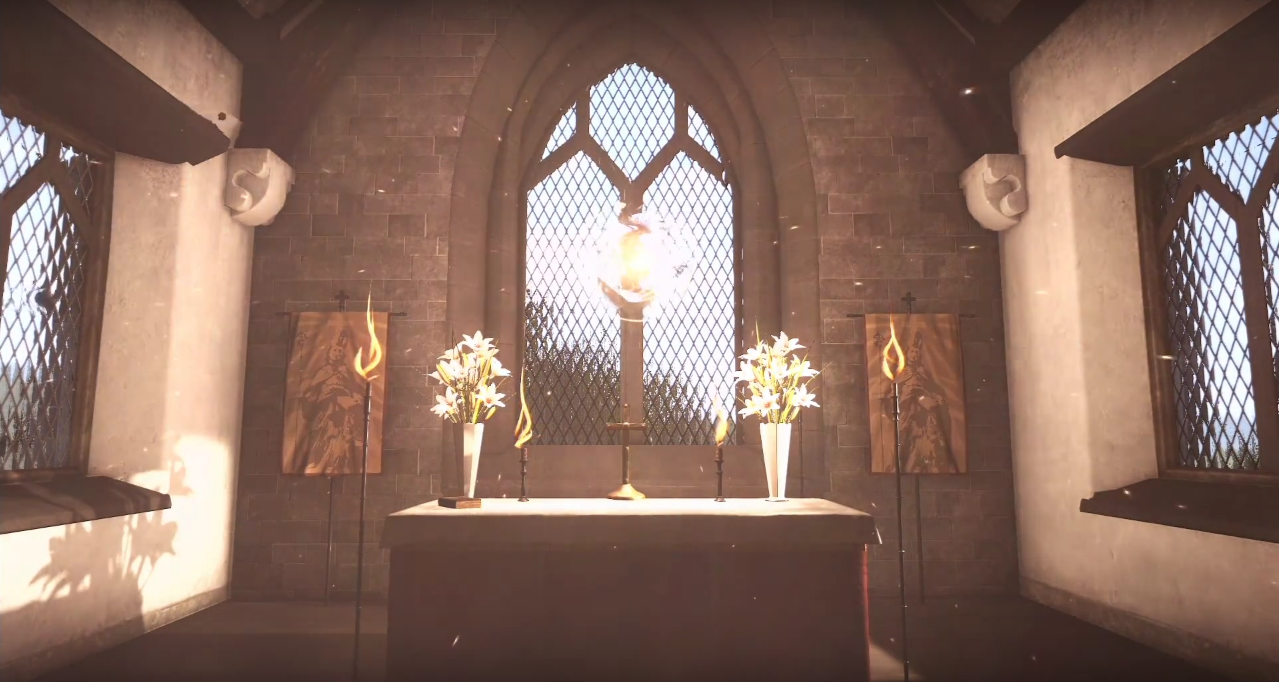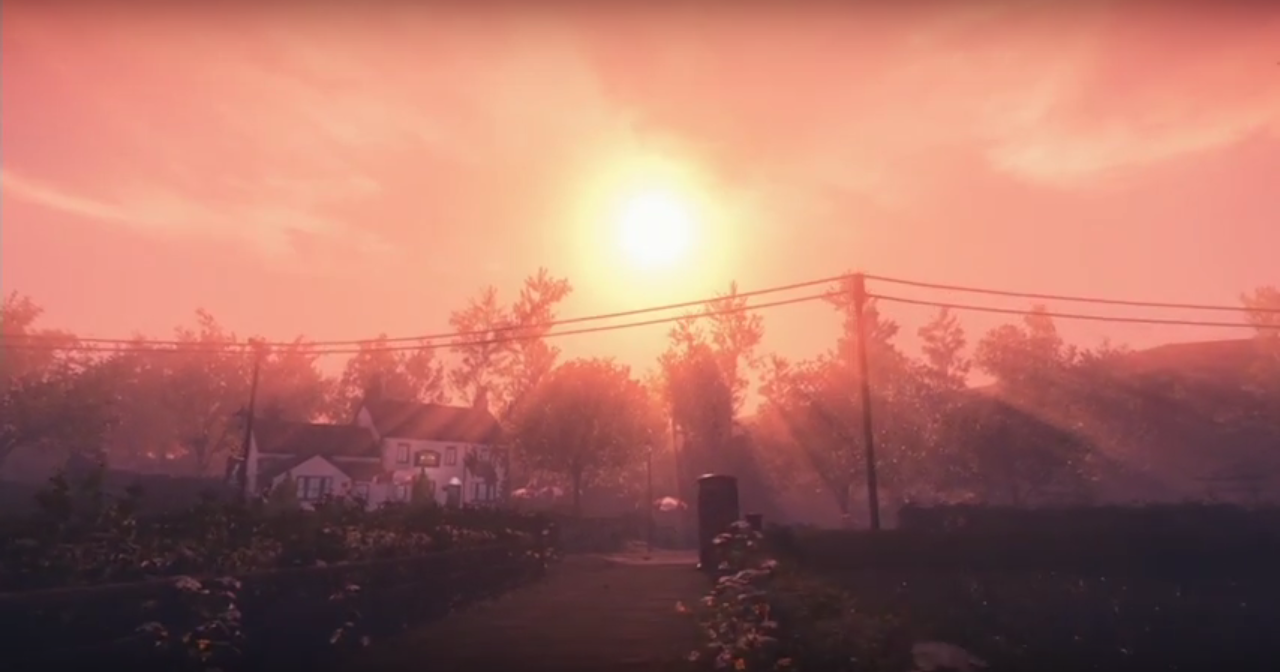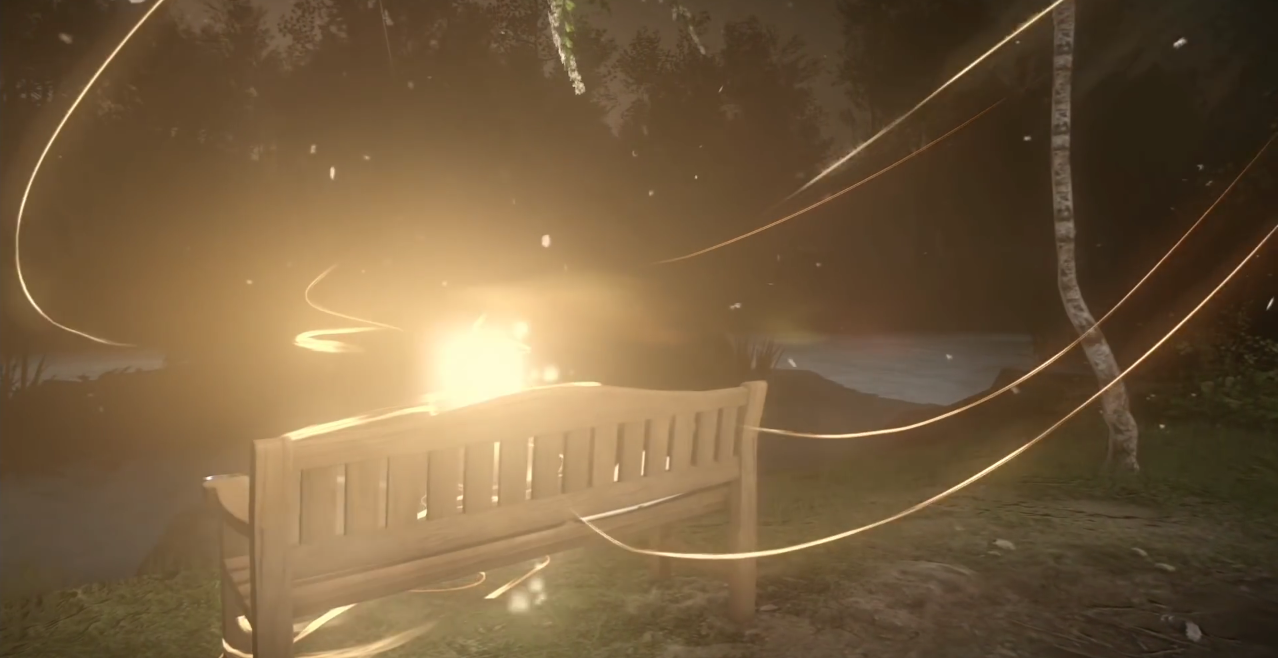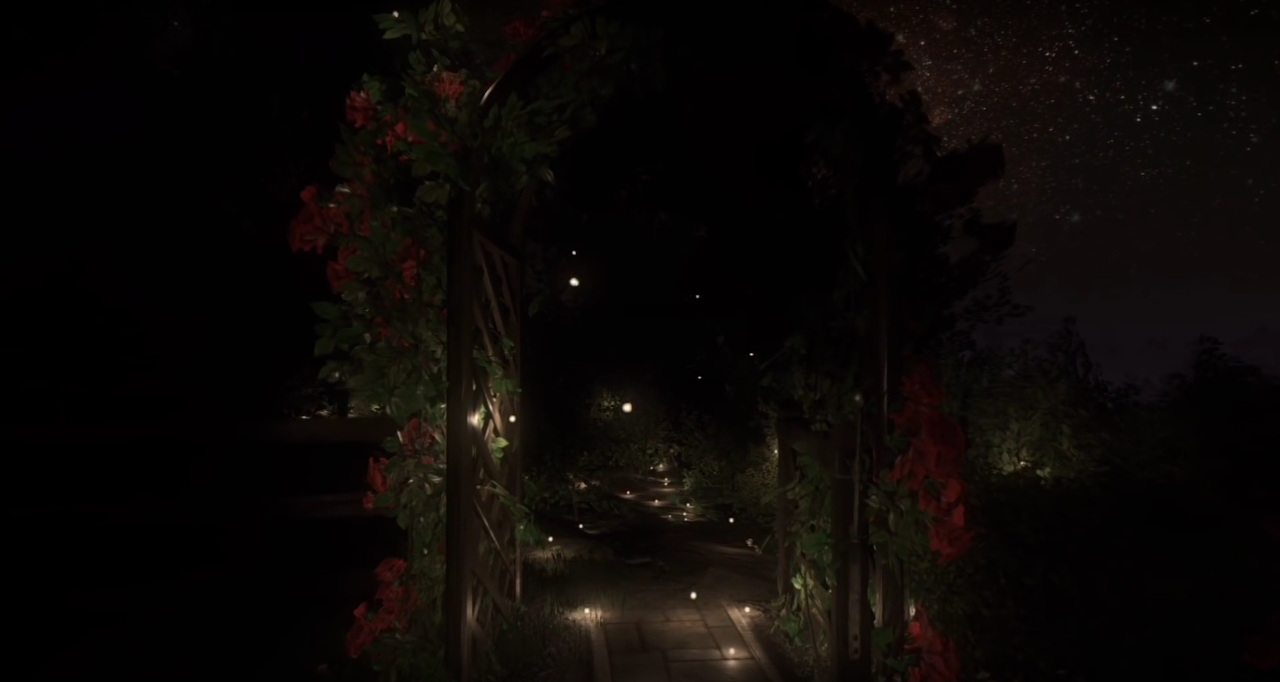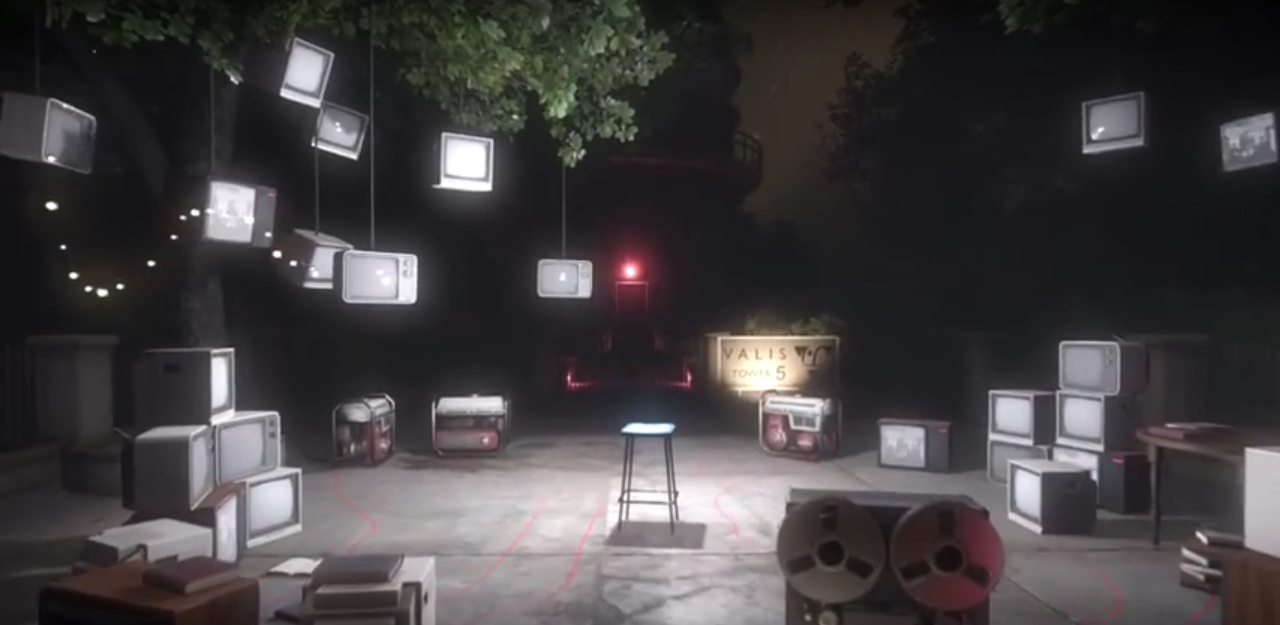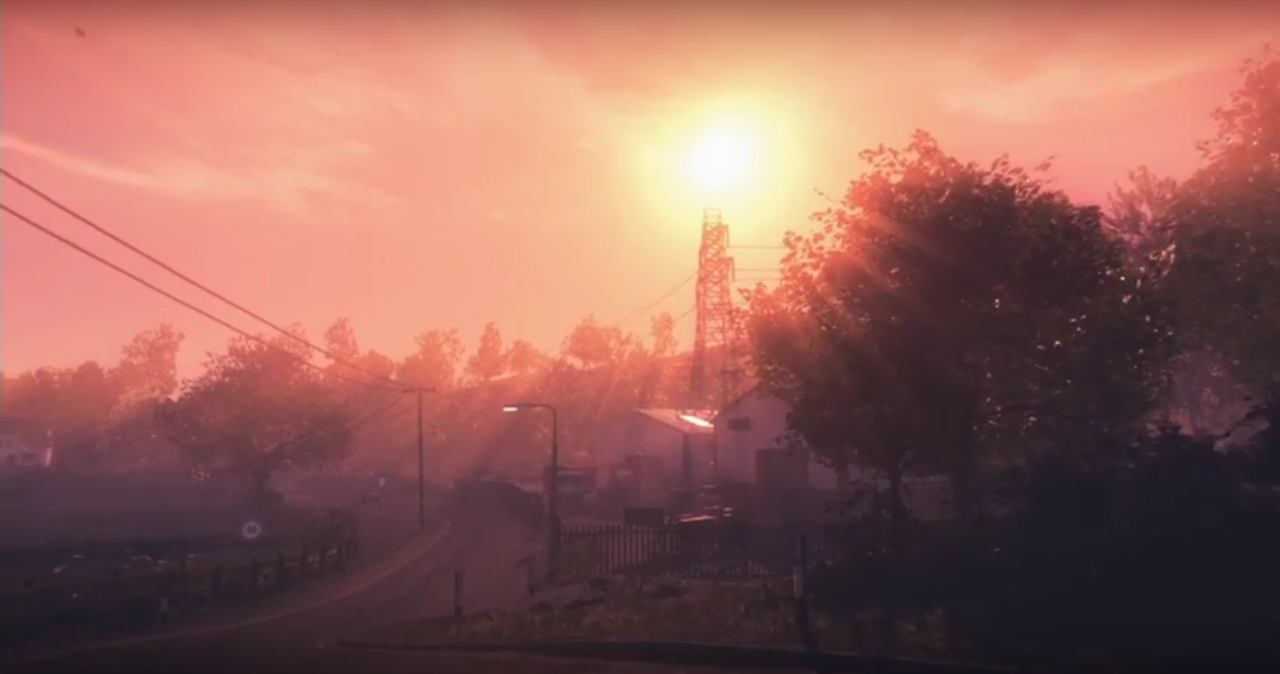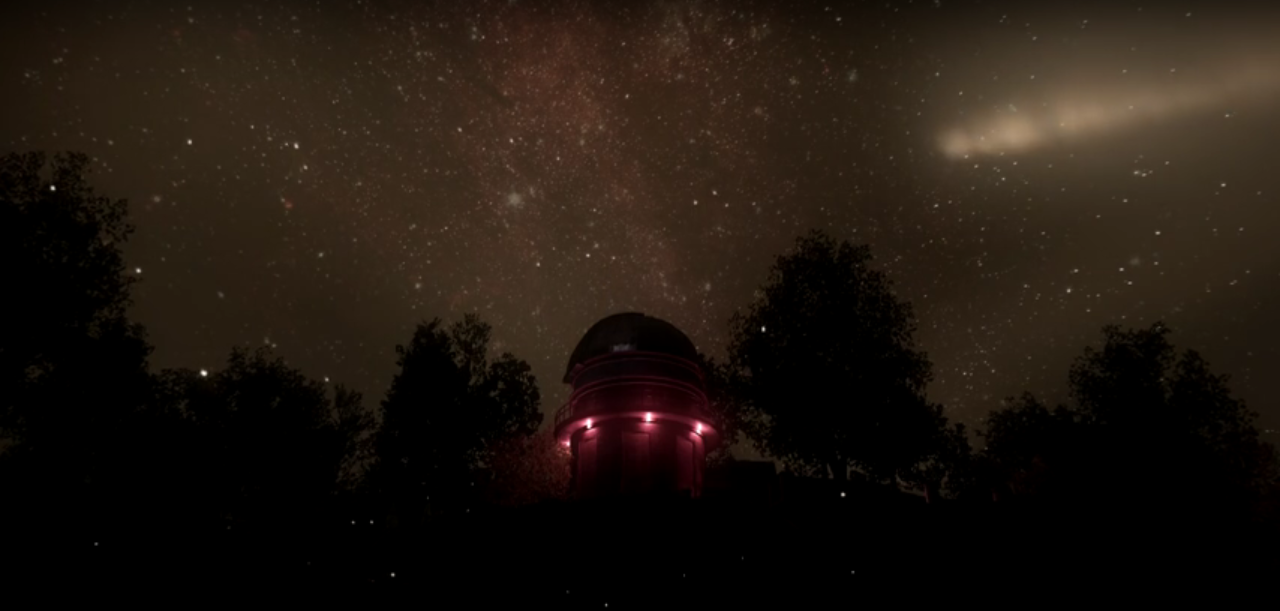Dear Esther is a walking simulator following the story of a shipwrecked castaway on a remote Hebridean island. The game was created in 2012 by the Chinese Room and impressive graphics and dialogue wowed many, including me at the time, however the soundtrack has really stood the test of time. Composer Jessica Curry, who would later create Amnesia: A Machine For Pigs and Everybody's Gone to the Rapture, created a marvelous score which is haunting and stays with you long after the game is finished.
There are many video game soundtracks I've enjoyed over the years, but my enjoyment of them has been influenced often by my playing of the game, and even though I loved this game the music stands apart and is exceptional; it stands alone as a piece of work. So when I heard that the Barbican was hosting a live concert of the music on Friday 14th October 2016 I was ecstatic and purchased a ticket straightaway.
The description of the concert is below and I have included a link to purchase tickets if you are interested:
A deserted landscape, memories of a fatal crash, a book written by a dying explorer – explore an island shrouded in mystery in this live performance of The Chinese Room’s immersive videogame Dear Esther.
Starting on a small beach, with only a brooding cliffs and a small lighthouse in view, BAFTA-nominated narrator Nigel Carrington takes you through the game, journeying from the desolate Hebridean island to a car crash on the M5, a crisis of faith of a guilty heart, the lost shores of a dreamed shoreline and a final ascent through the waters of madness to the release of flight. With the playthrough of the game on-screen accompanied by live narration and a live performance of BAFTA-winning composer Jessica Curry’s powerful score, the story is even more brought to life here.
